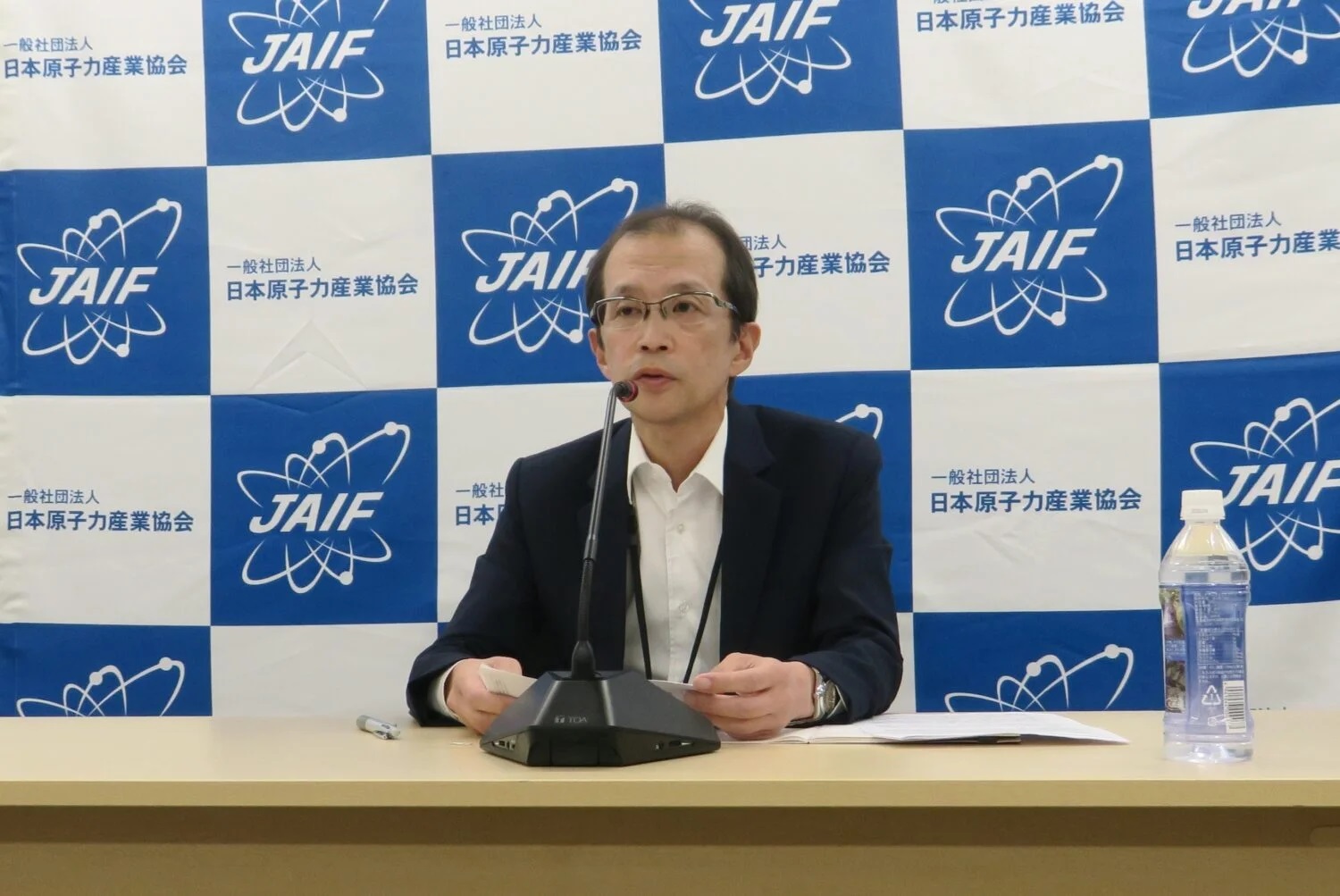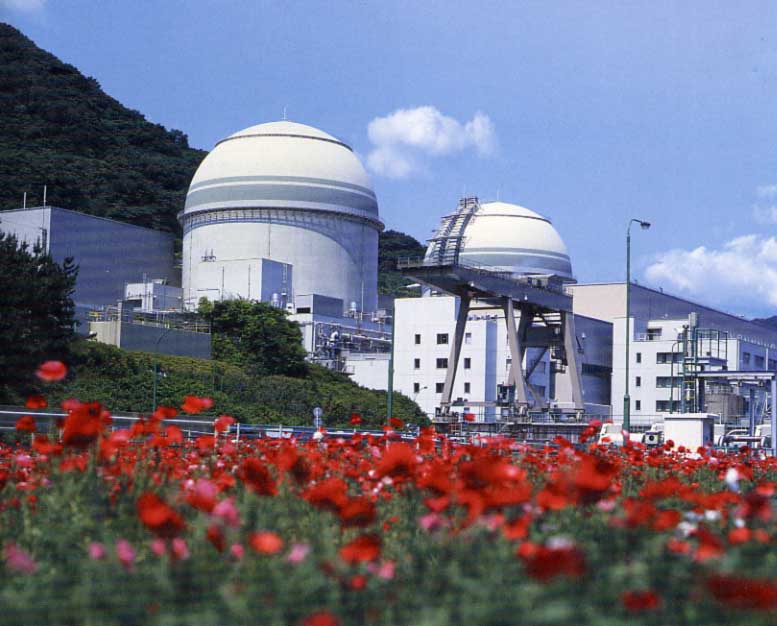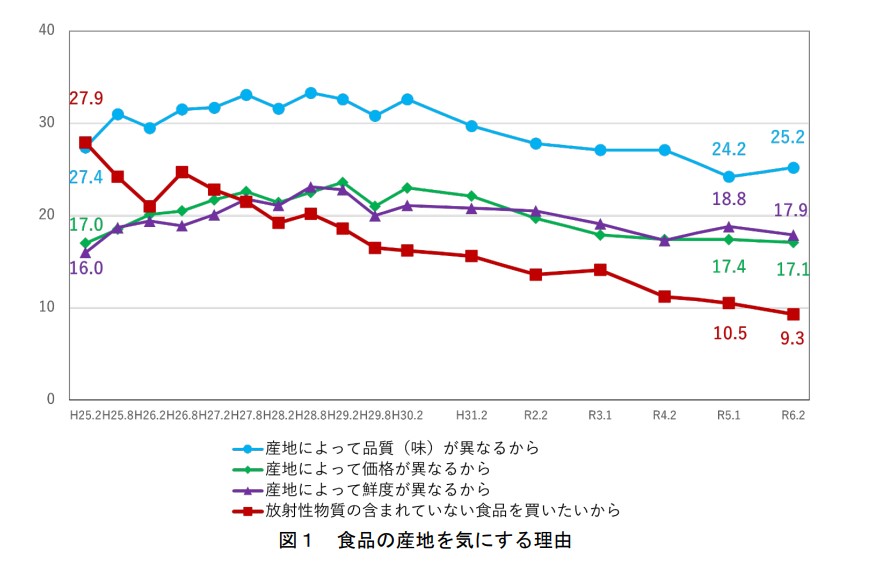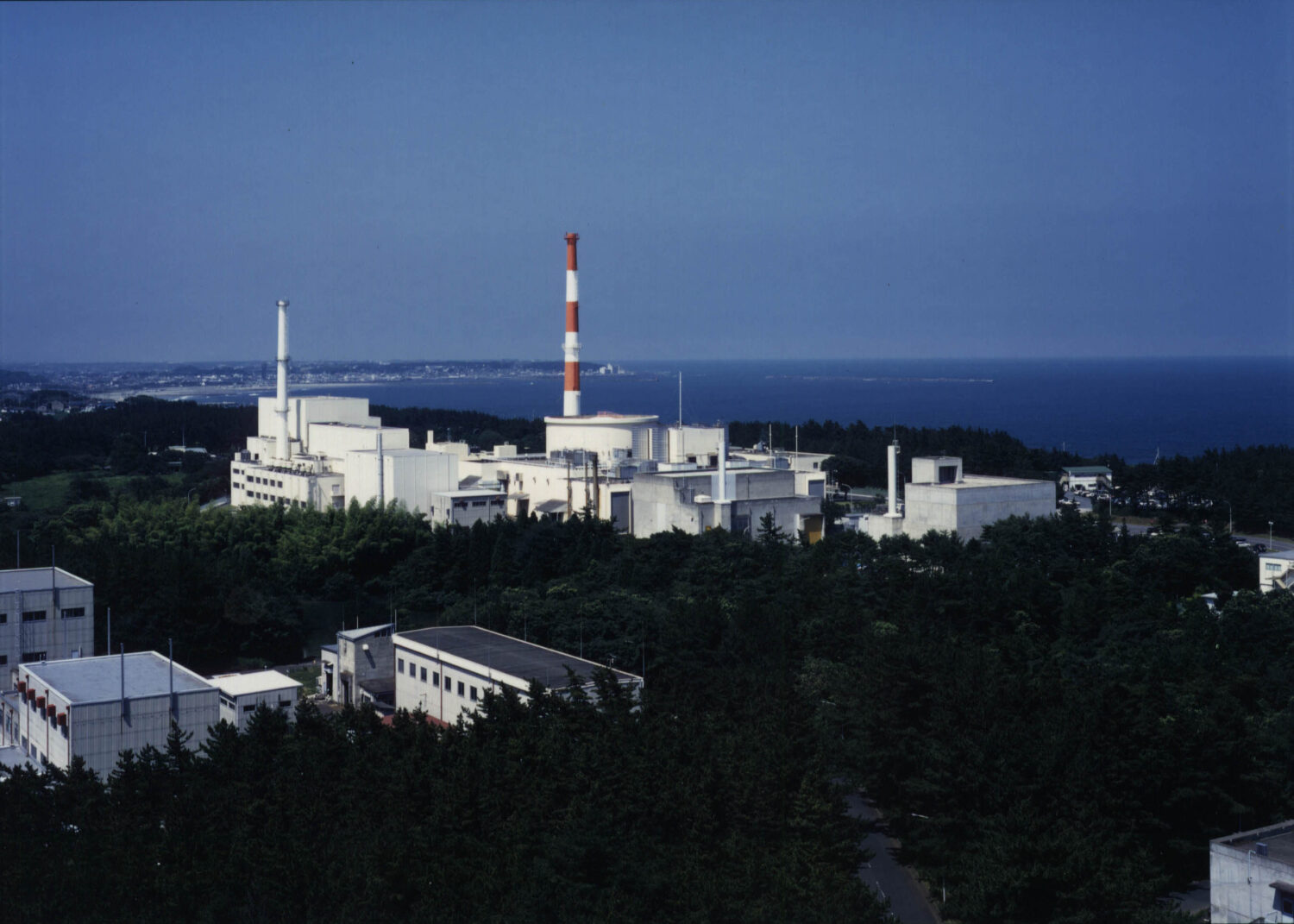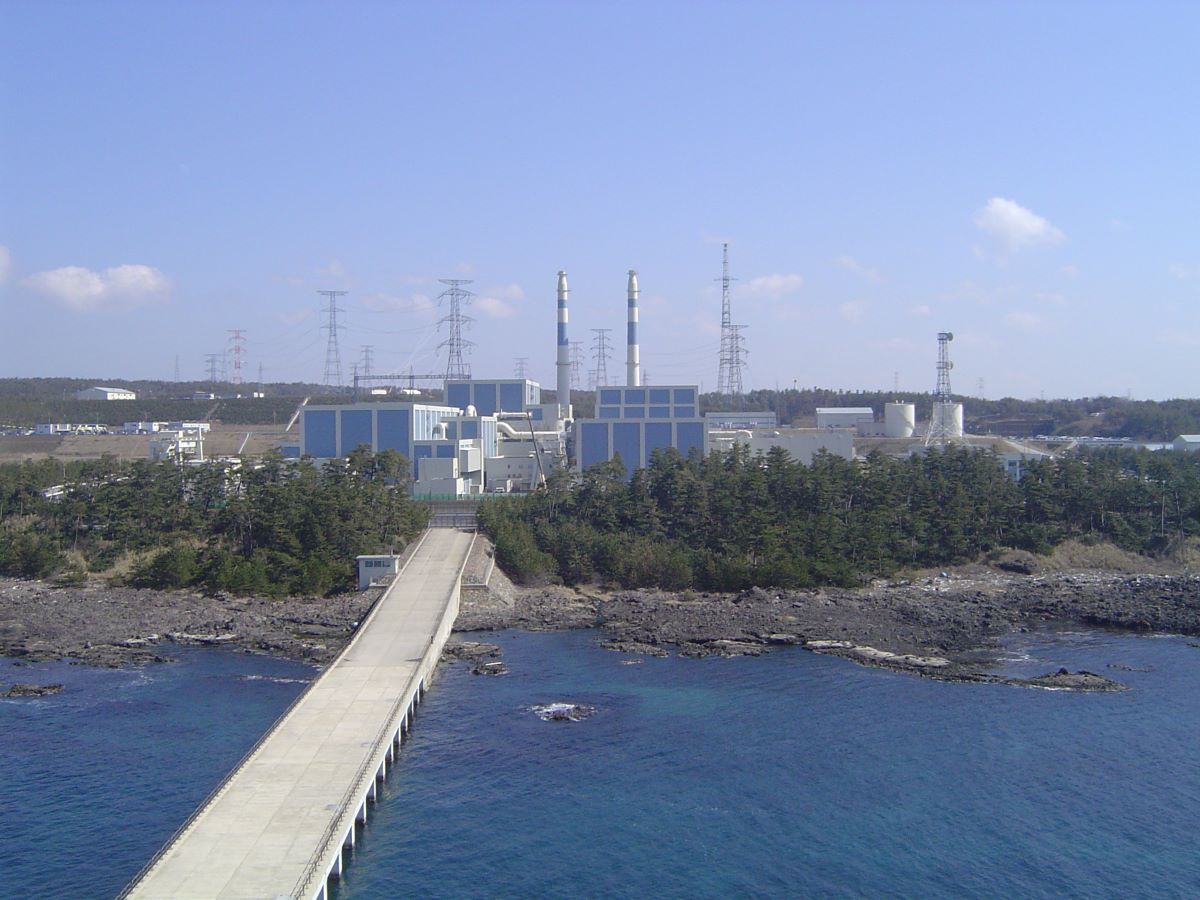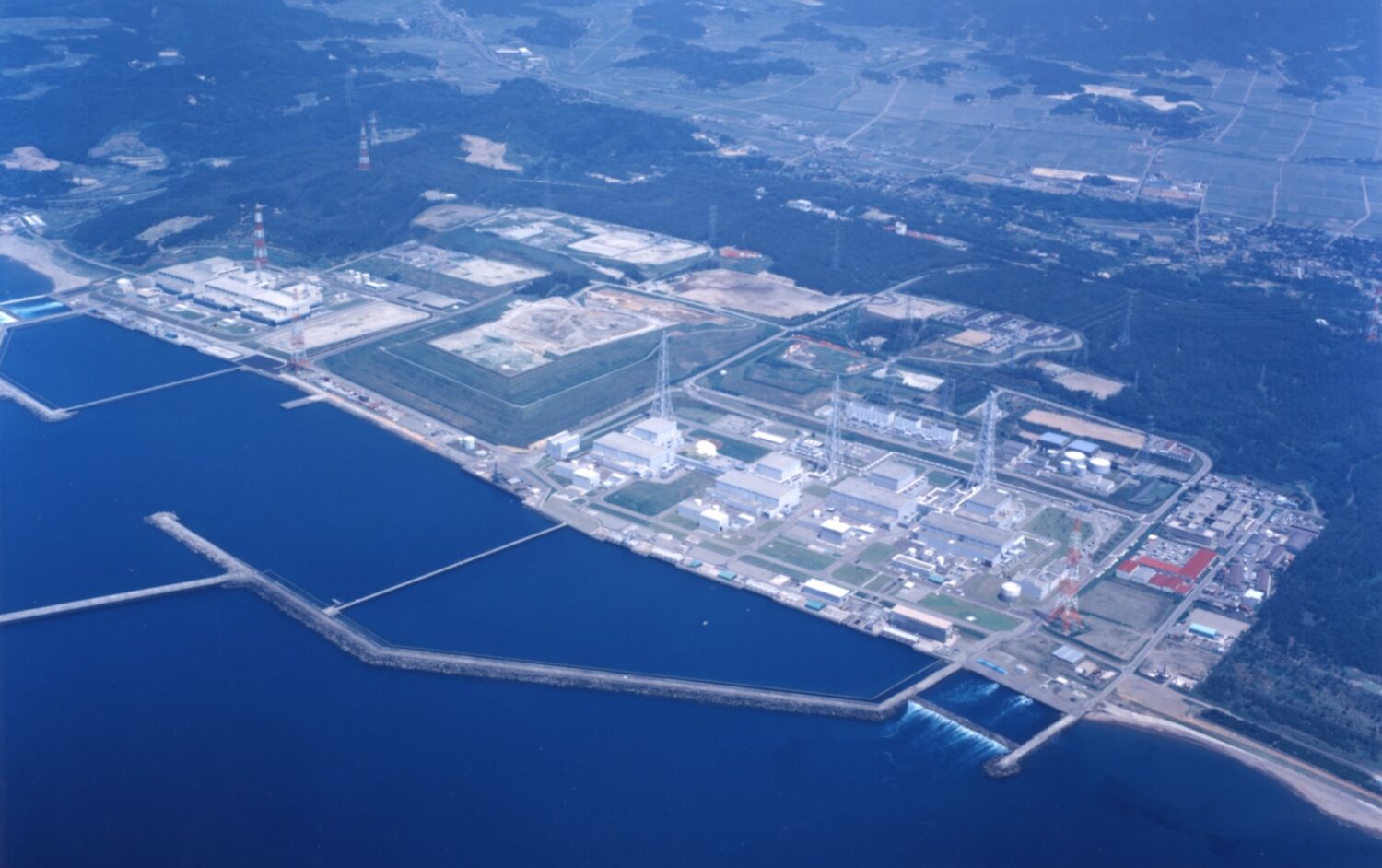JAERO has been carrying out the surveys to accurately grasp trends in domestic public opinion about nuclear power, as well as to understand the level of public awareness in Japan about nuclear issues when presented with related information. Data from the previous surveys, starting with that of FY10 (April 2010 to March 2011), can be found on the organization’s website.
This time, a combined percentage of 18.3% of the survey respondents thought that Japan should either “increase its level of nuclear power” or “maintain the level of nuclear power that it had achieved prior to the giant earthquake of March 11, 2011 (the Great East Japan Earthquake).”
Meanwhile, an additional 39.8% of the survey respondents said that while nuclear power “should be used for the time being, it should also be gradually reduced.”
The combination of those figures reveals that most respondents (58.1%) expressed a positive attitude toward the use of nuclear power. One could say that this confirms that the Japanese public, under current circumstances, generally recognizes nuclear power as a viable power source.
That said, about one-third (33.1%) of the respondents this time selected “I don’t know” as their answer (to the question of whether nuclear power should be increased or not). That was the highest percentage ever recorded for that question since the survey began—and fully 12.5 points higher than a decade before.
Furthermore, slightly more than one-third (33.5%) of the respondents who had selected “I don’t know” (i.e., whether or not Japan should increase its level of nuclear power) cited “I’m not sure what information can be trusted” as their reason, with the remainder selecting the following answers:
- “There’s too much information” (27.0%)
- “There’s not enough information” (25.9%)
- “It’s too hard to think about,” “I’m tired of thinking about it,” or “I don’t want to think about it” (20.9% combined).
Moreover, although the percentage of people responding “I don’t know (whether or not nuclear power should be increased)” rose across the board, no matter their age, there was a marked increase among members of the youngest generation (up to 24 years old) citing that answer in the latest survey .
The latest survey also asked respondents where they got their information on nuclear power, energy and radiation. Those aged 24 and below primarily cited “my teachers at elementary, junior-high and high schools” (27.2%); the same group also more frequently pointed to social media as an information source than did people from other age groups.
From the results of the survey, JAERO concluded that it is thus important to develop a system targeting younger people via social media and/or the Internet, besides teaching them about it in schools.
While TV news has long been an entrenched source of daily information for people of all generations, a rising percentage of senior citizens (aged 65 and up) has also come to select “internet-related information sources” in recent years, according to the survey results.
JAERO’s survey also queried people about what came to mind when they heard the term “nuclear energy.” Of the total, 26.8% said that the term “necessary” came to mind, while 24.8% cited “useful”—the figures for both of those words have been increasing steadily since 2018.
In addition, when asked about what energy sources they thought should be used in the future, the survey respondents this time frequently cited renewable energies (solar, wind, hydro, and geothermal). In fact, renewable energies have been selected by a high percentage of respondents ever since 2011, while “nuclear power” has been one of the top answers since 2022.
Most of the respondents were also positive about restarting the country’s nuclear power plants (NPPs), citing such reasons as a stable power supply, global warming countermeasures, compatibility with new regulatory standards, and its effects on the economy.
This time, however, respondents were more negative about “public understanding” as being one of the prerequisites for restarting NPPs. That may indicate that the government and others need to step up activities to enhance public understanding before NPPs can be restarted.
In general, the respondents to the latest survey displayed a low degree of awareness about the issue of high-level radioactive waste (HLW) disposal. Indeed, more than half (51.9%) of them said that they were unfamiliar with any of the items asked about in the questionnaire at all. The survey results this time thus demonstrated that the respondents had a lower overall awareness of many of the issues than people had had four years before.
On account of that, JAERO concluded that more effectively disseminating such information nationwide is of critical importance.


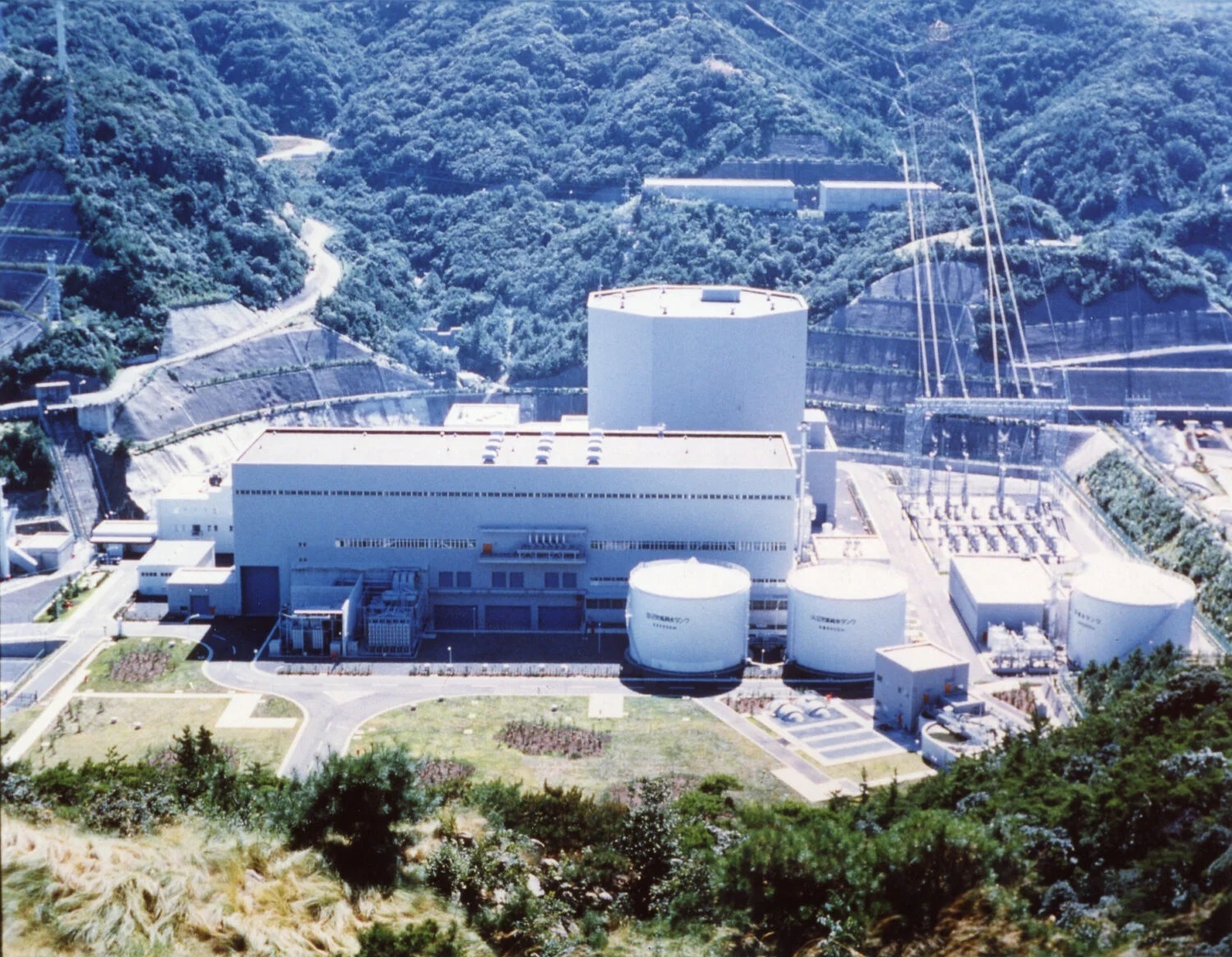


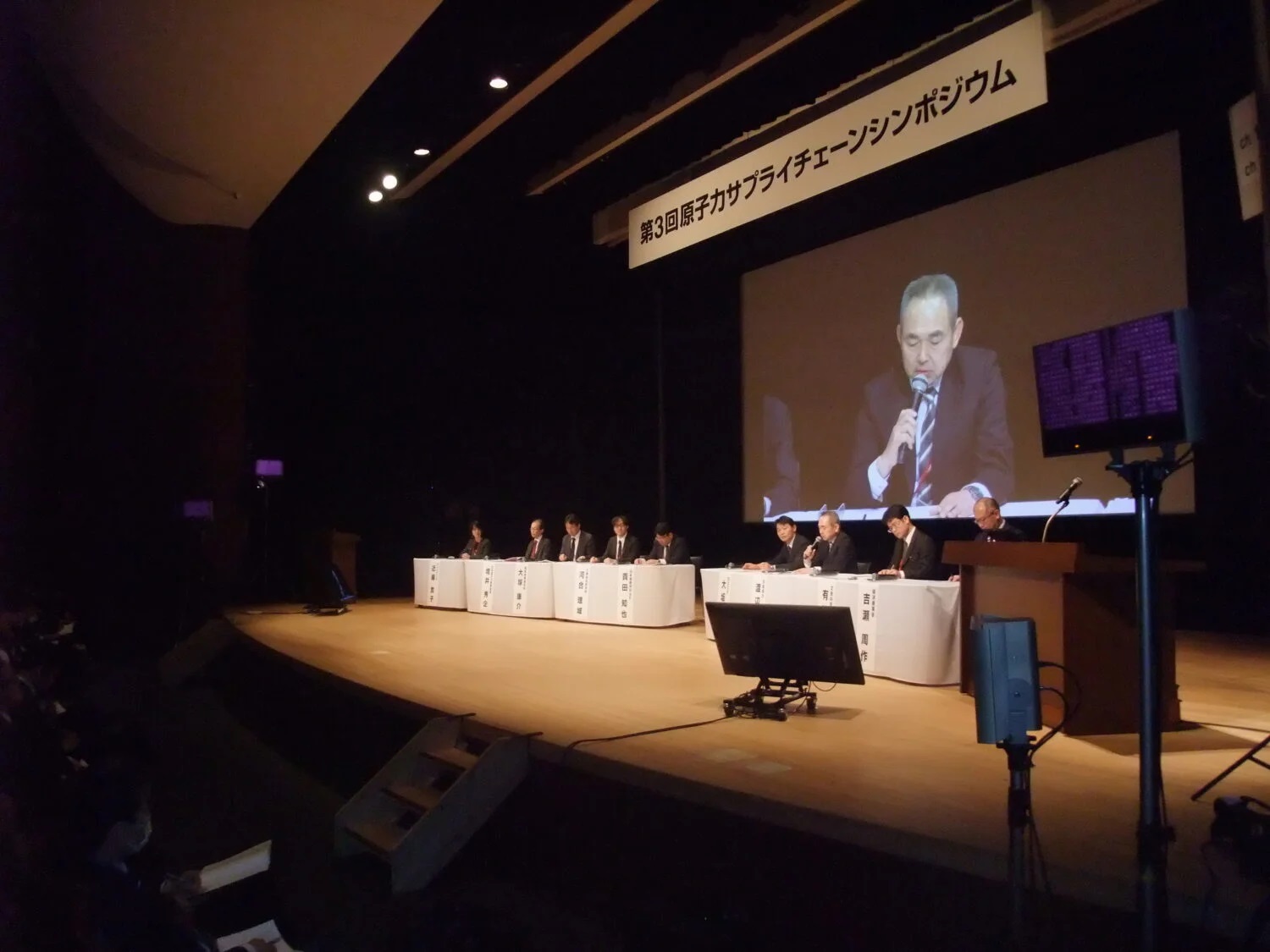
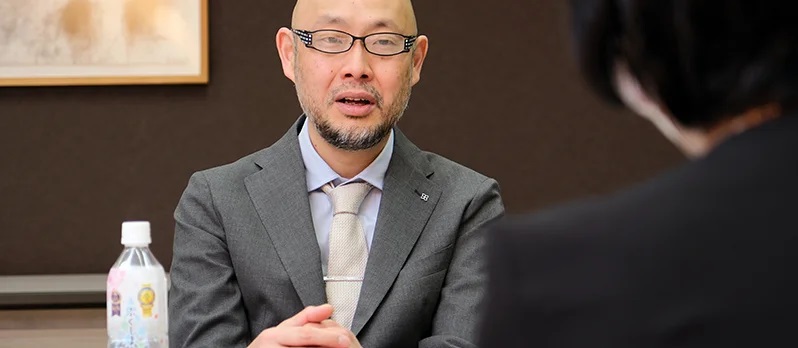
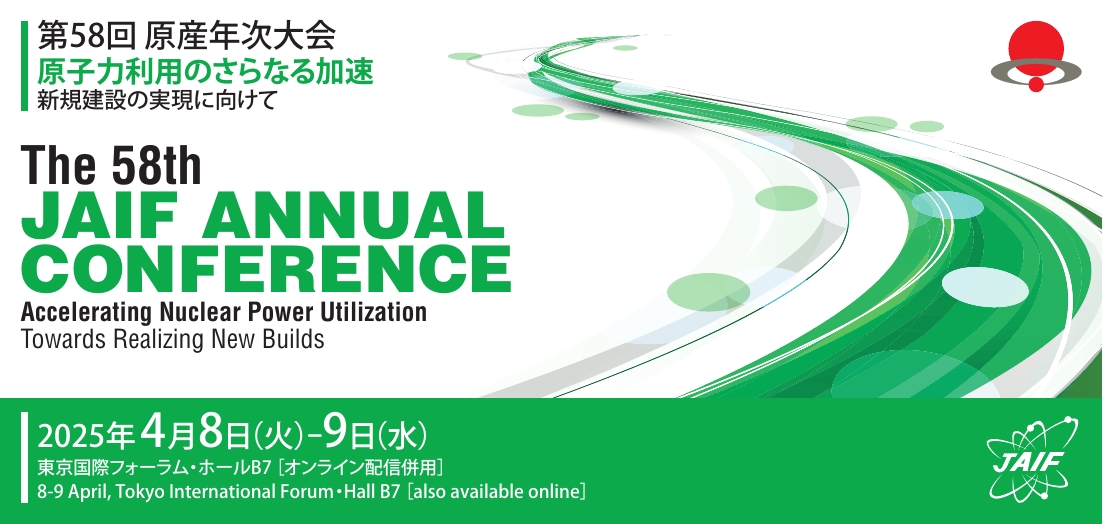
-1.png)
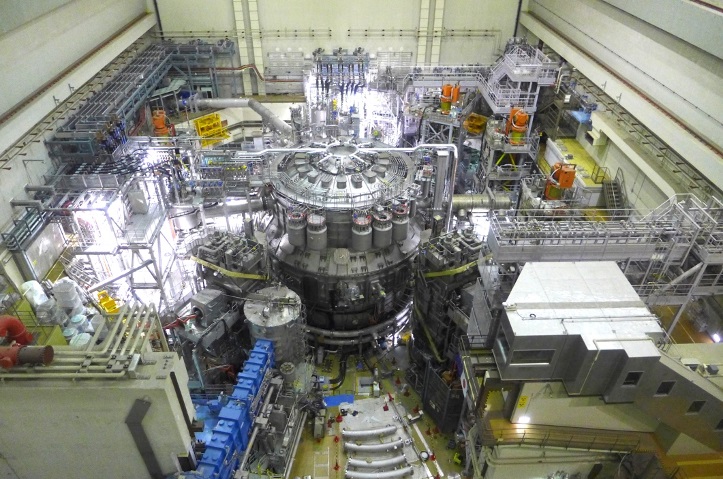


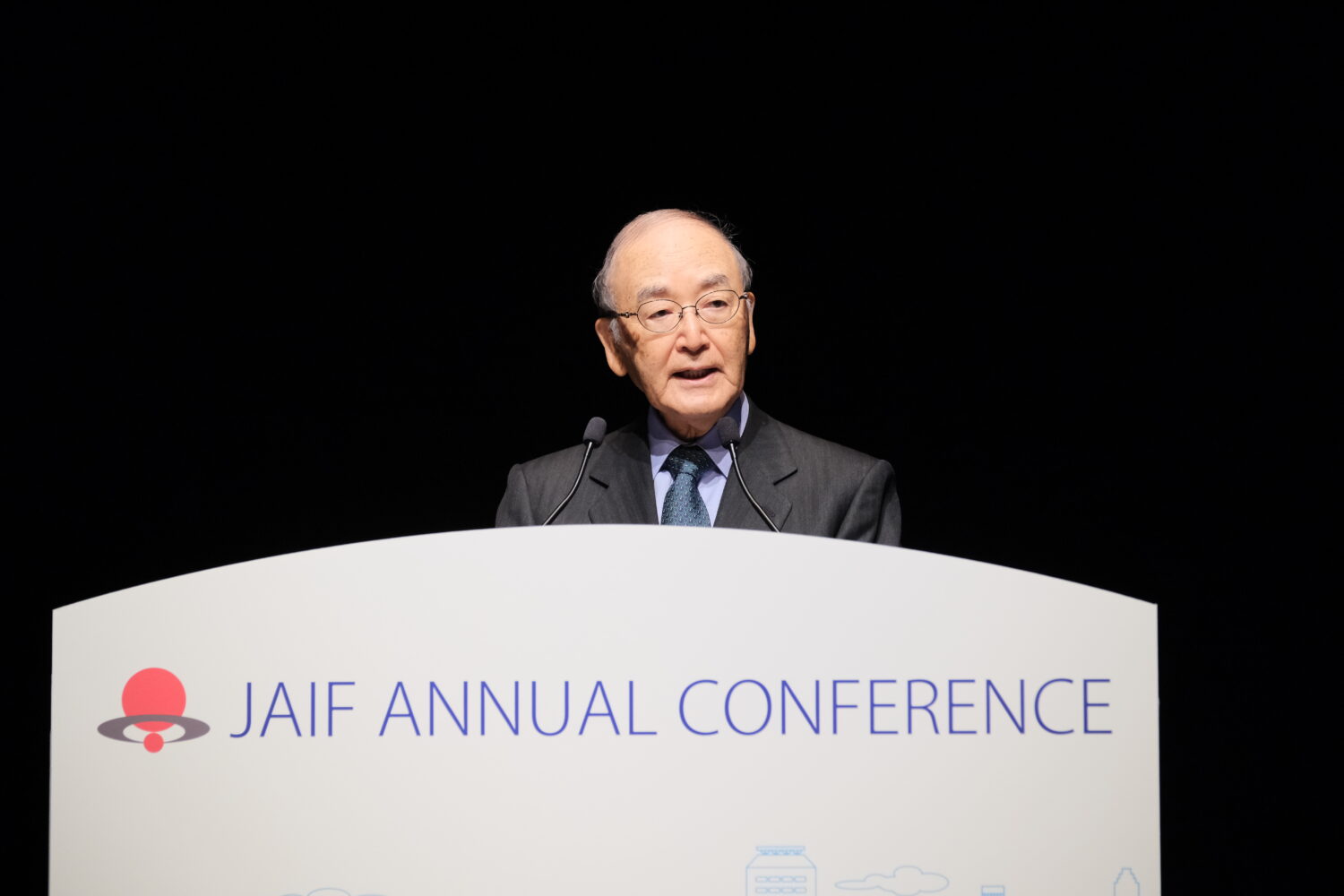
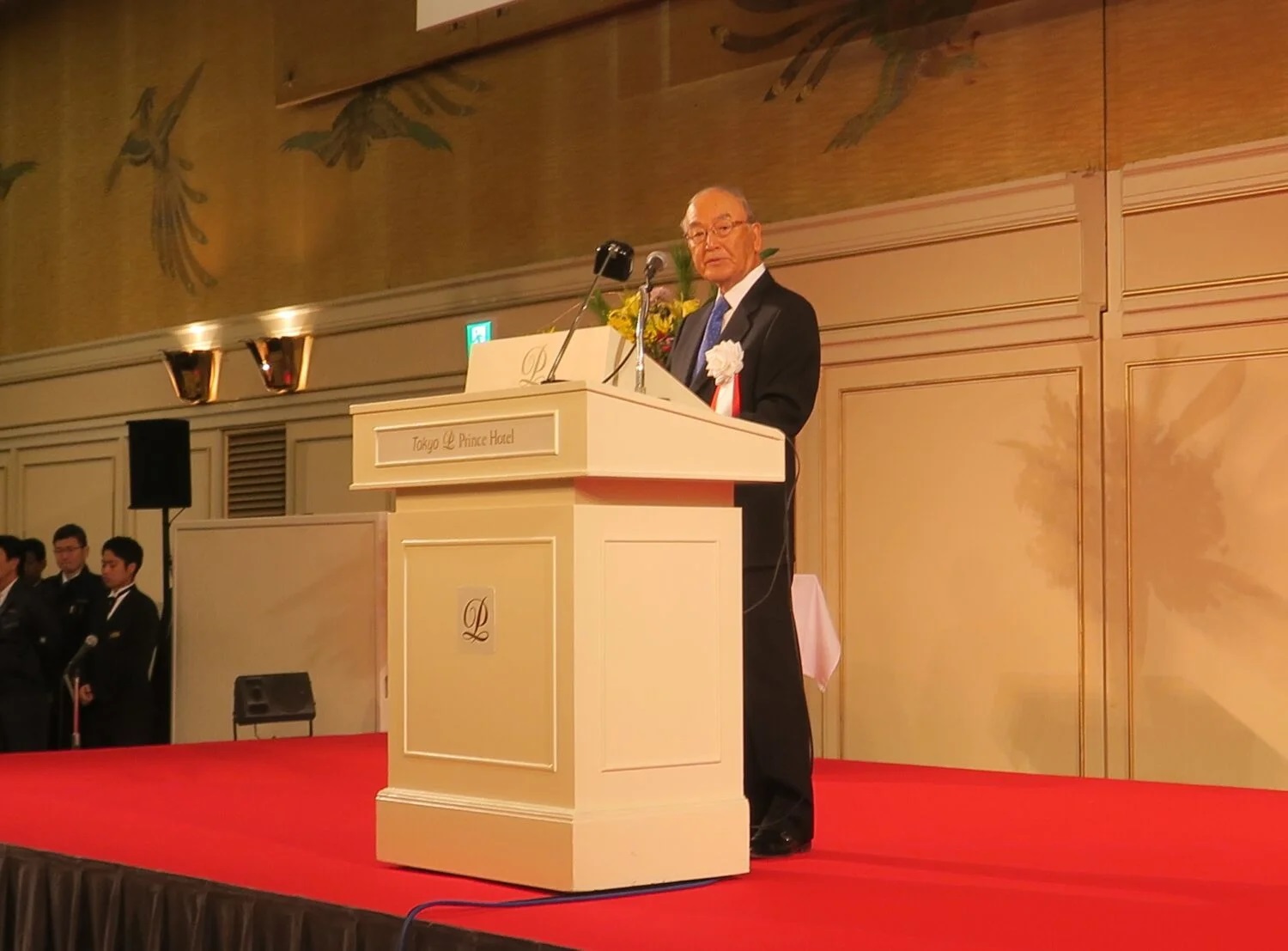
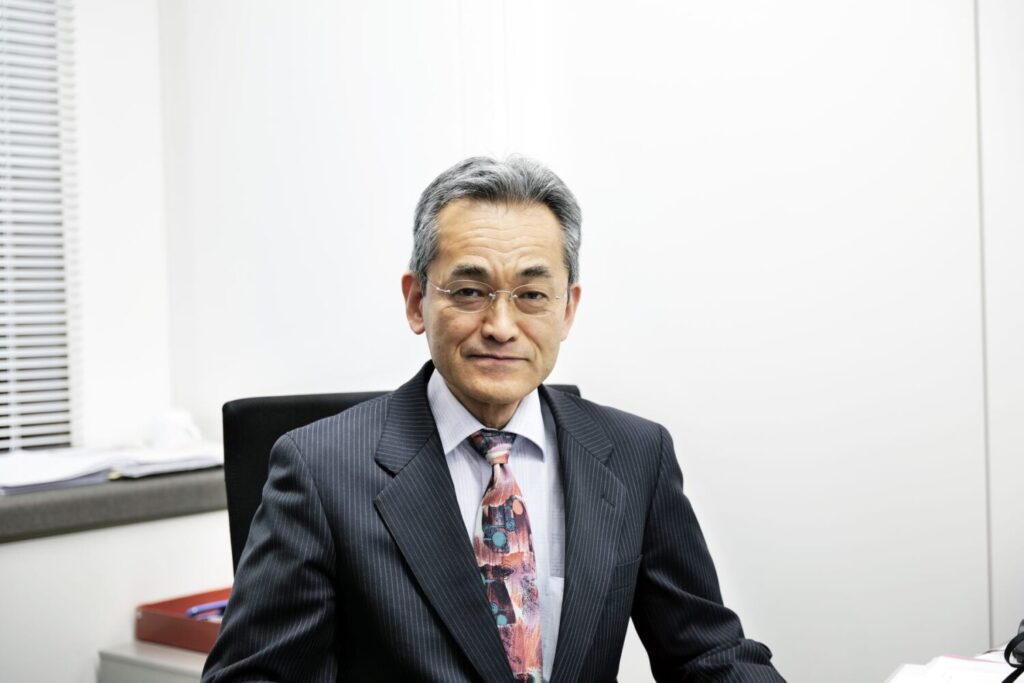

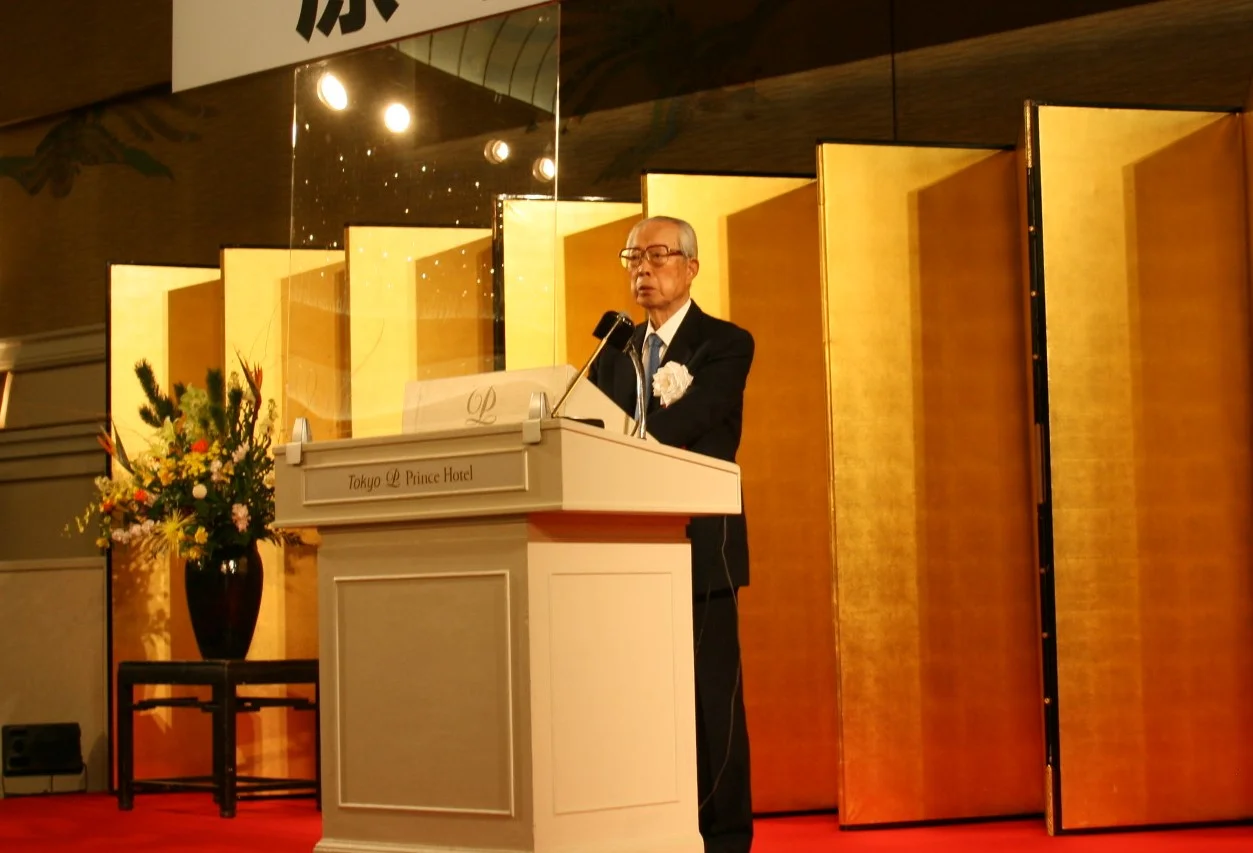
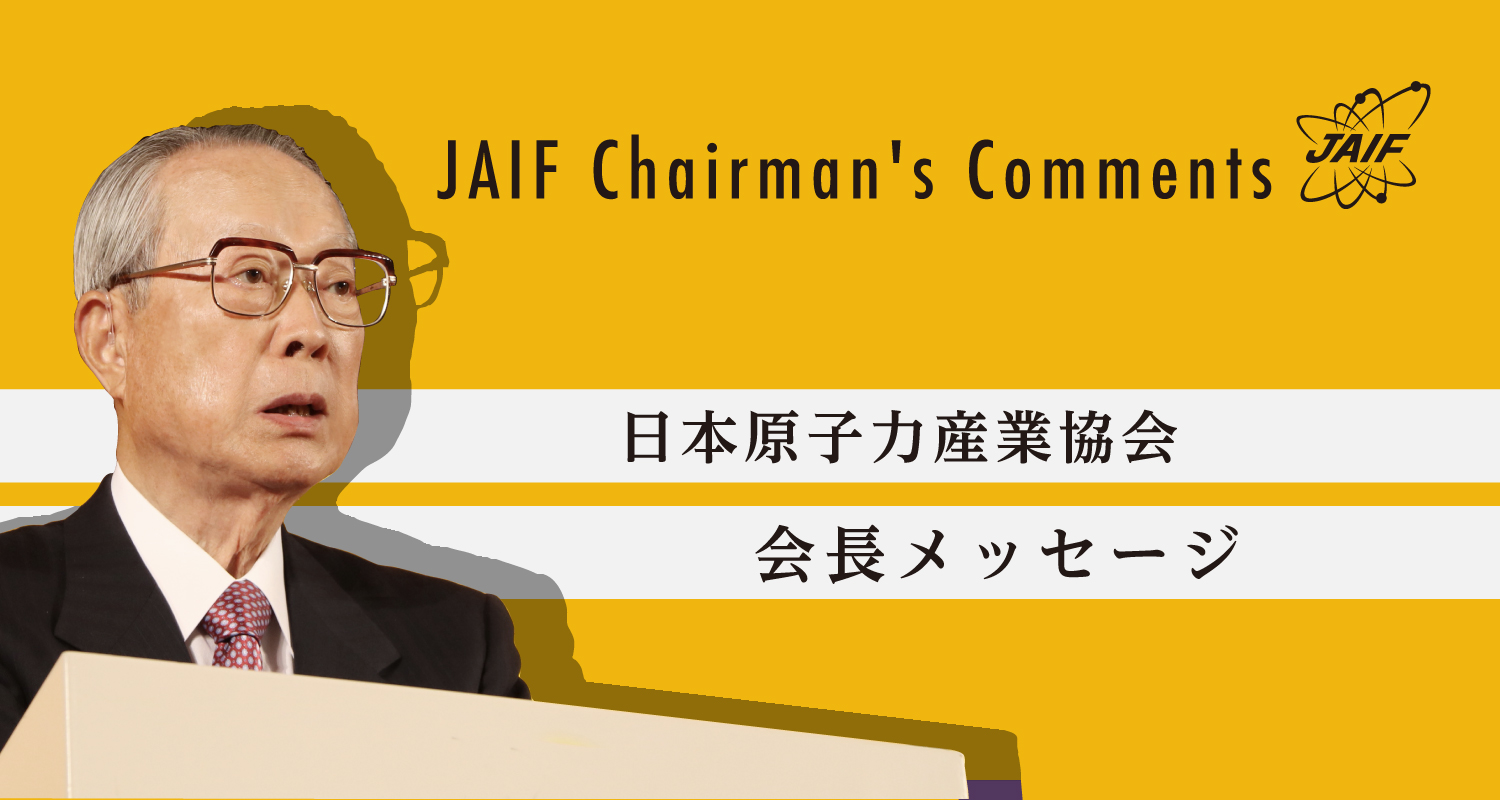
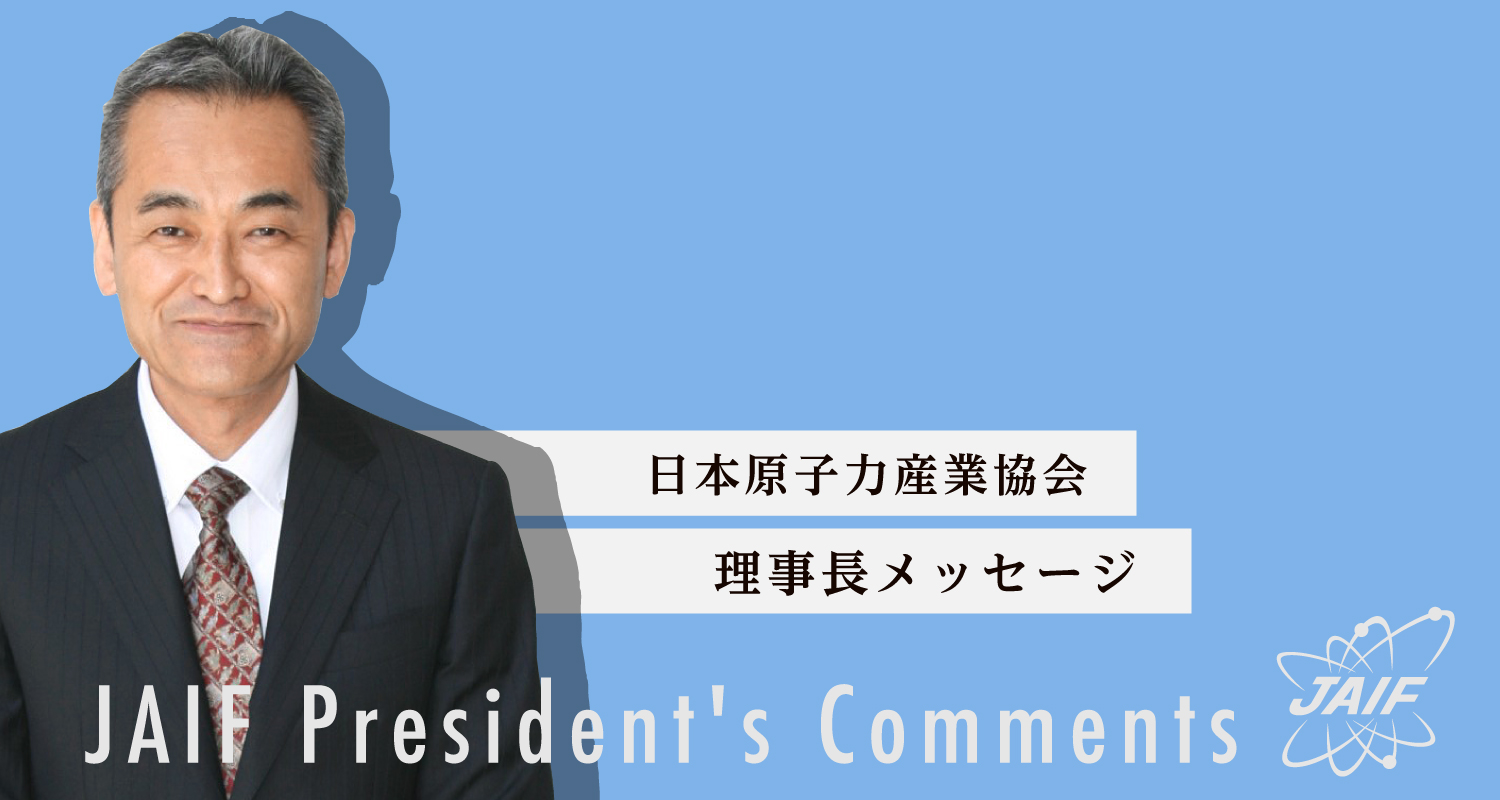
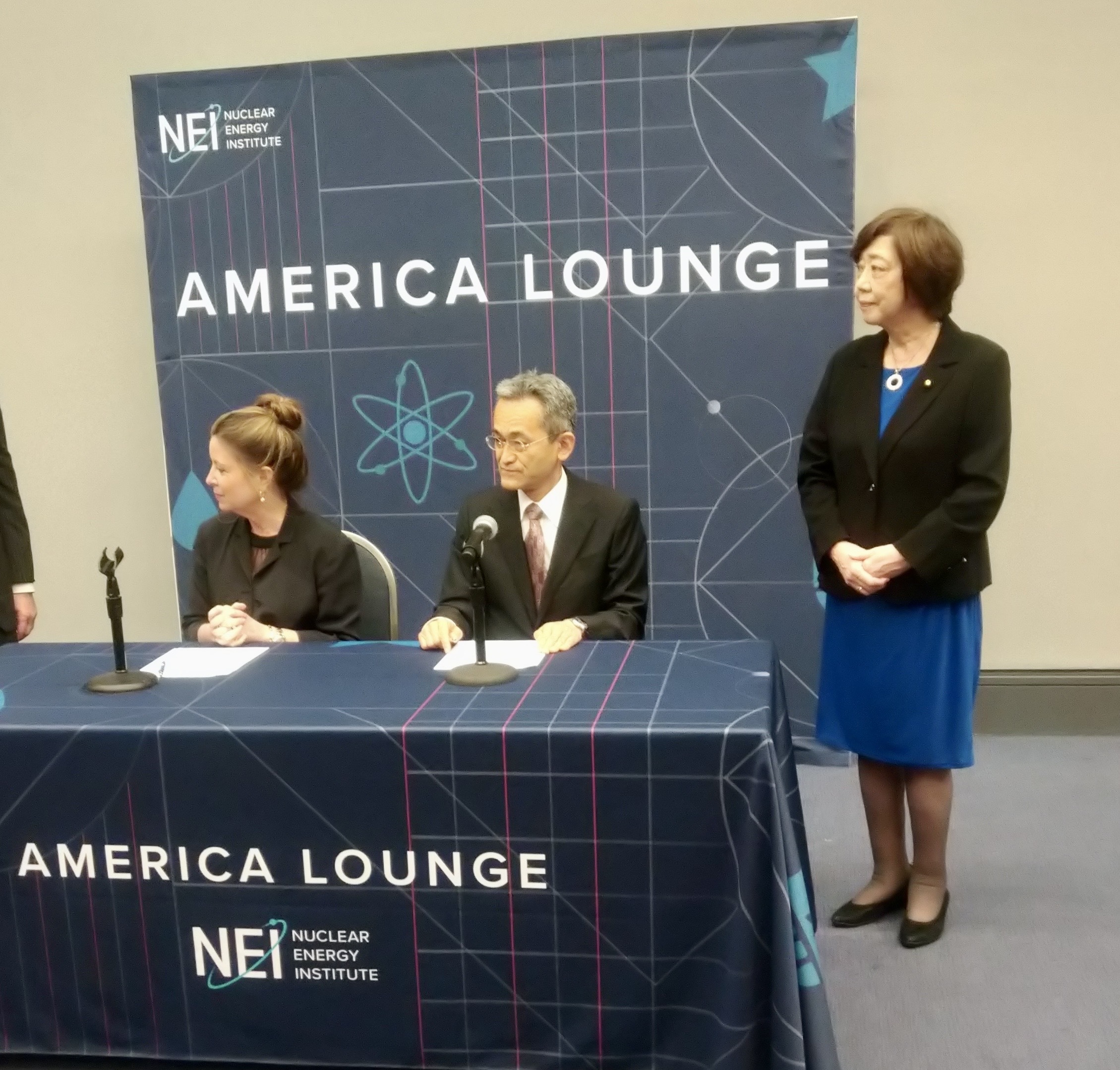

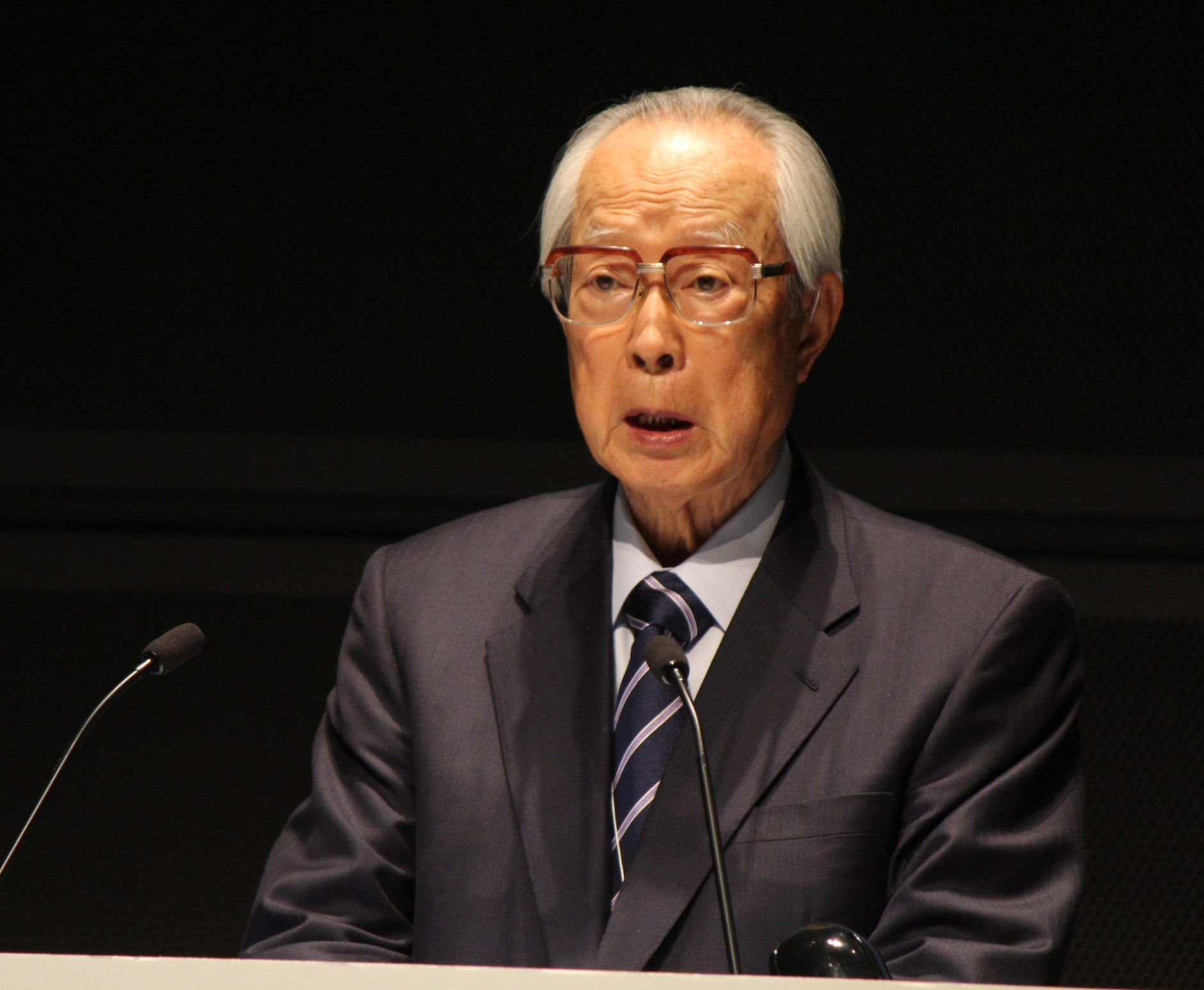
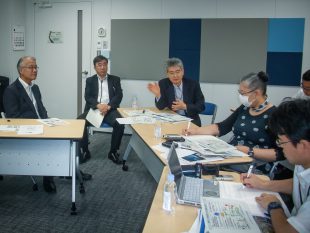


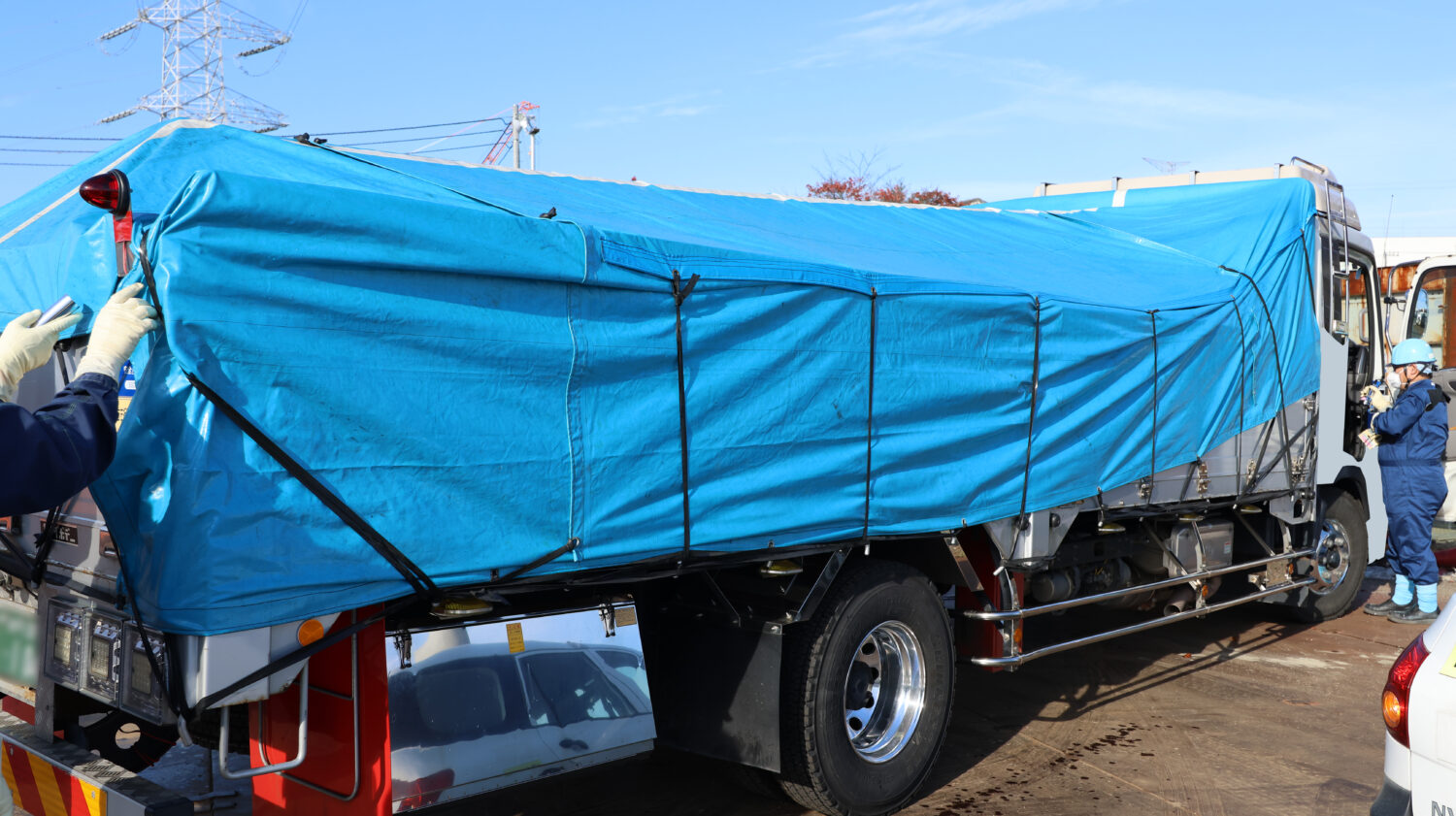
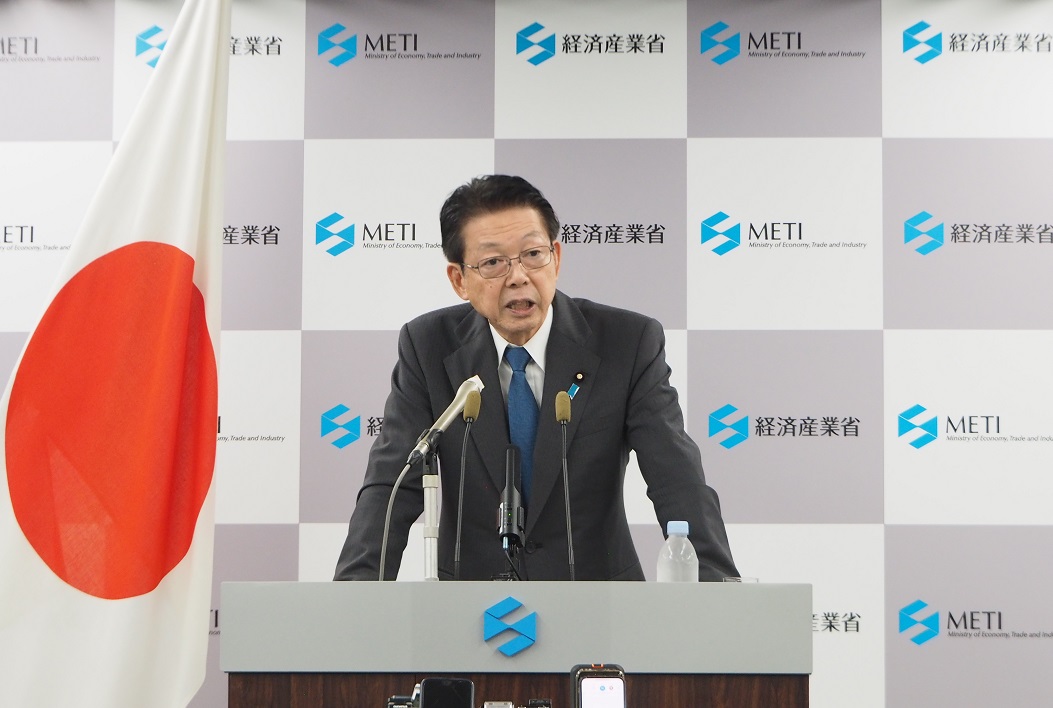
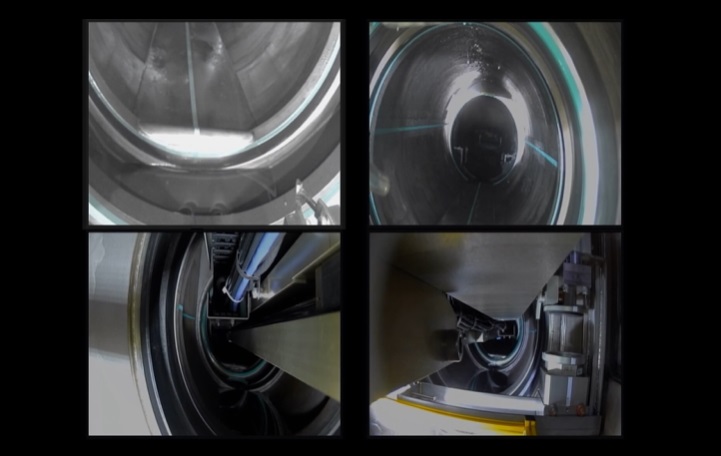
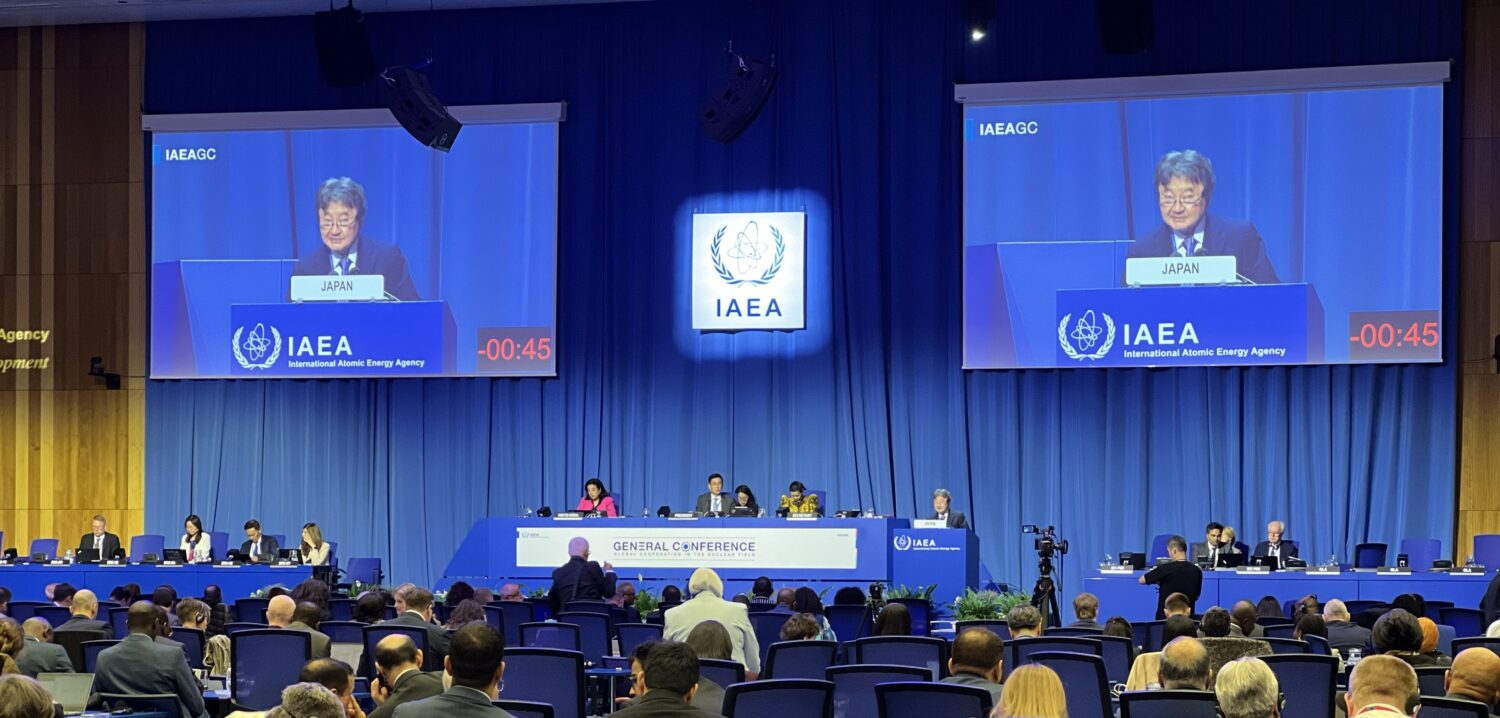
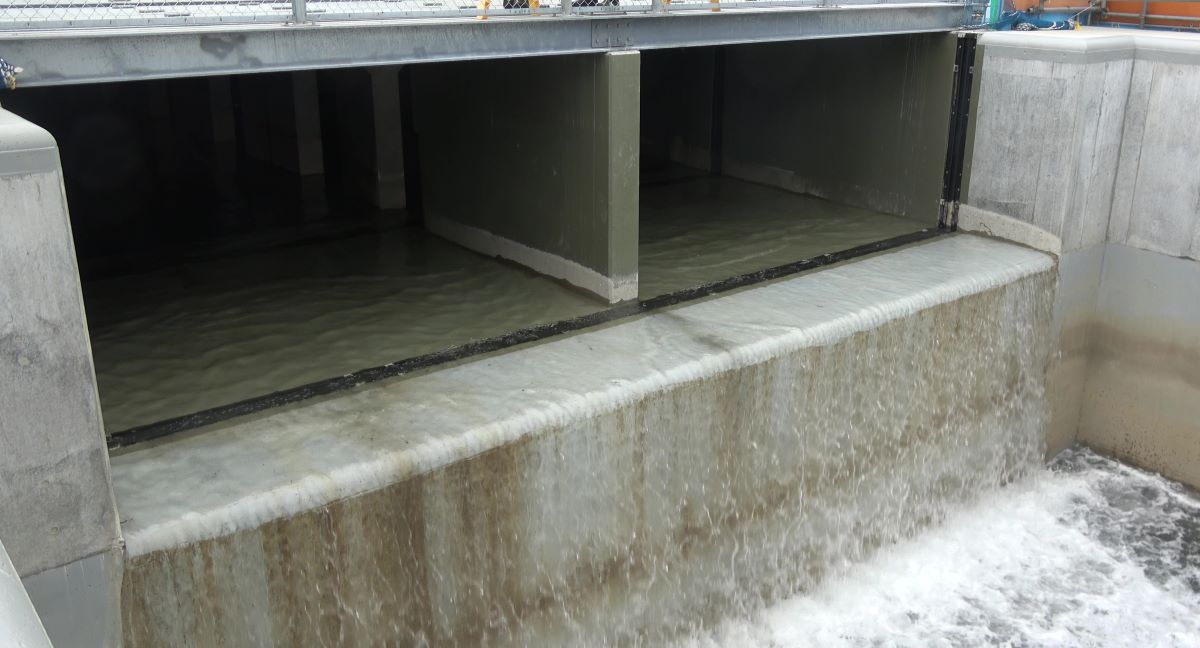
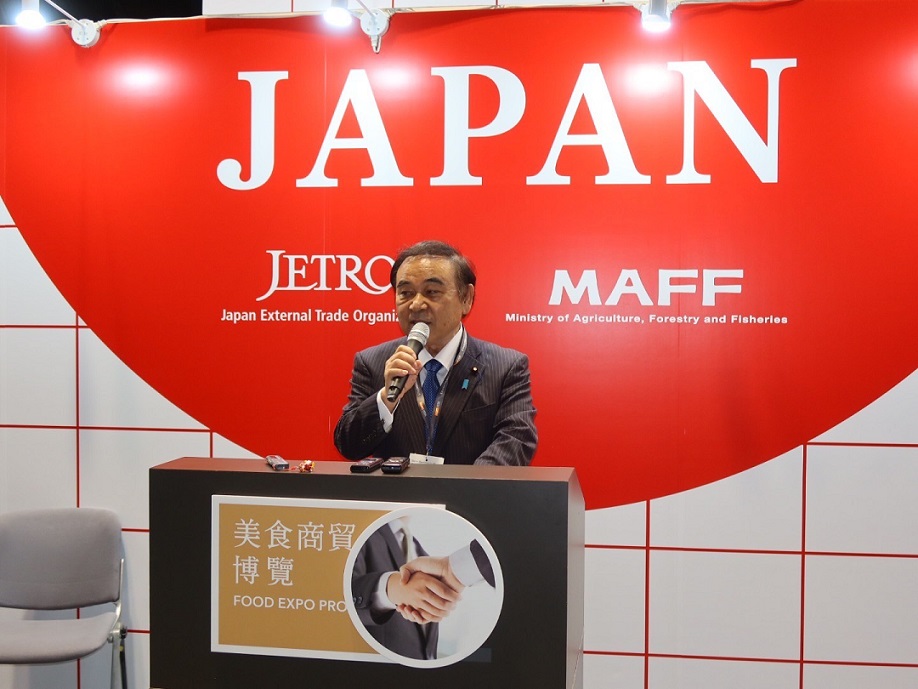
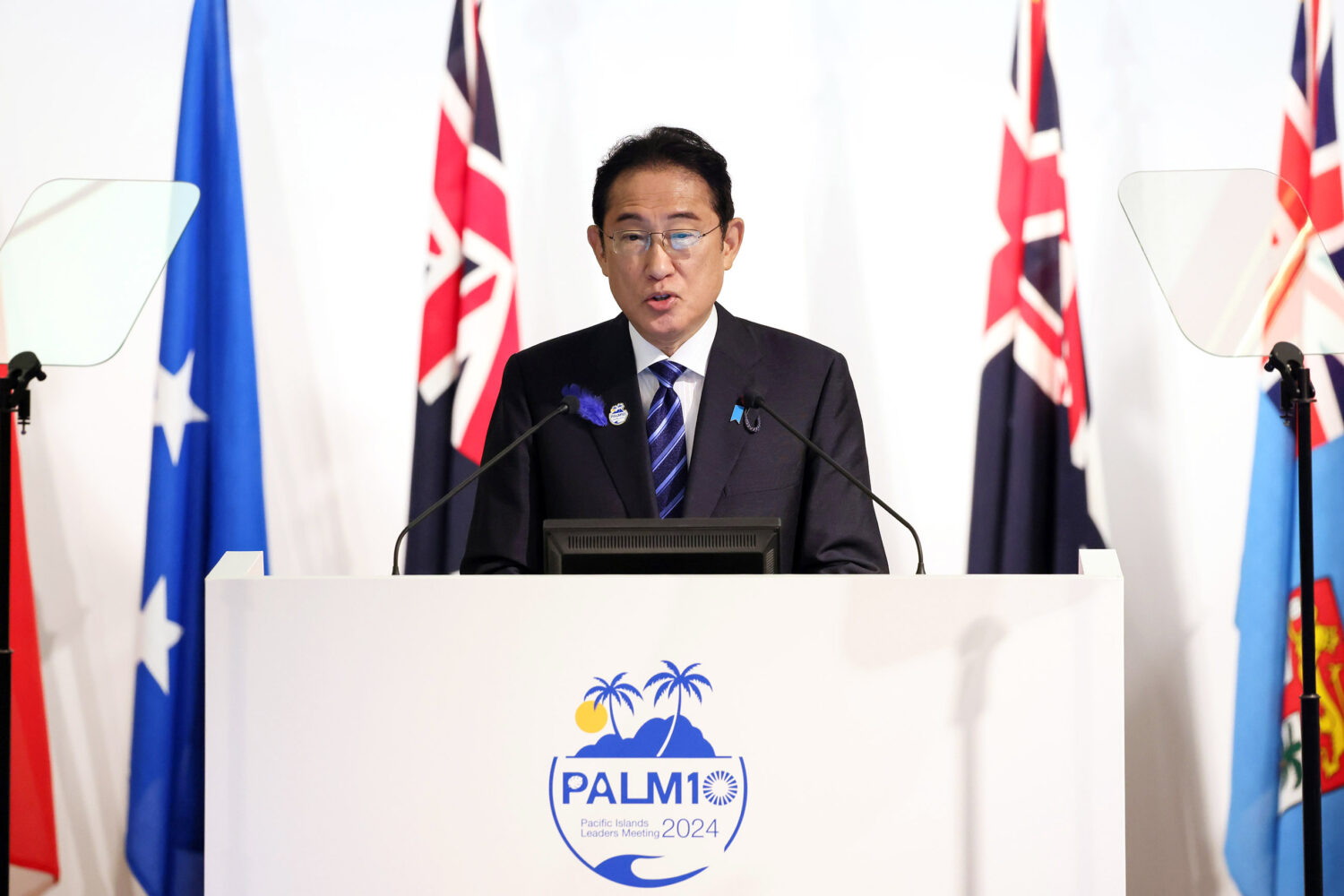
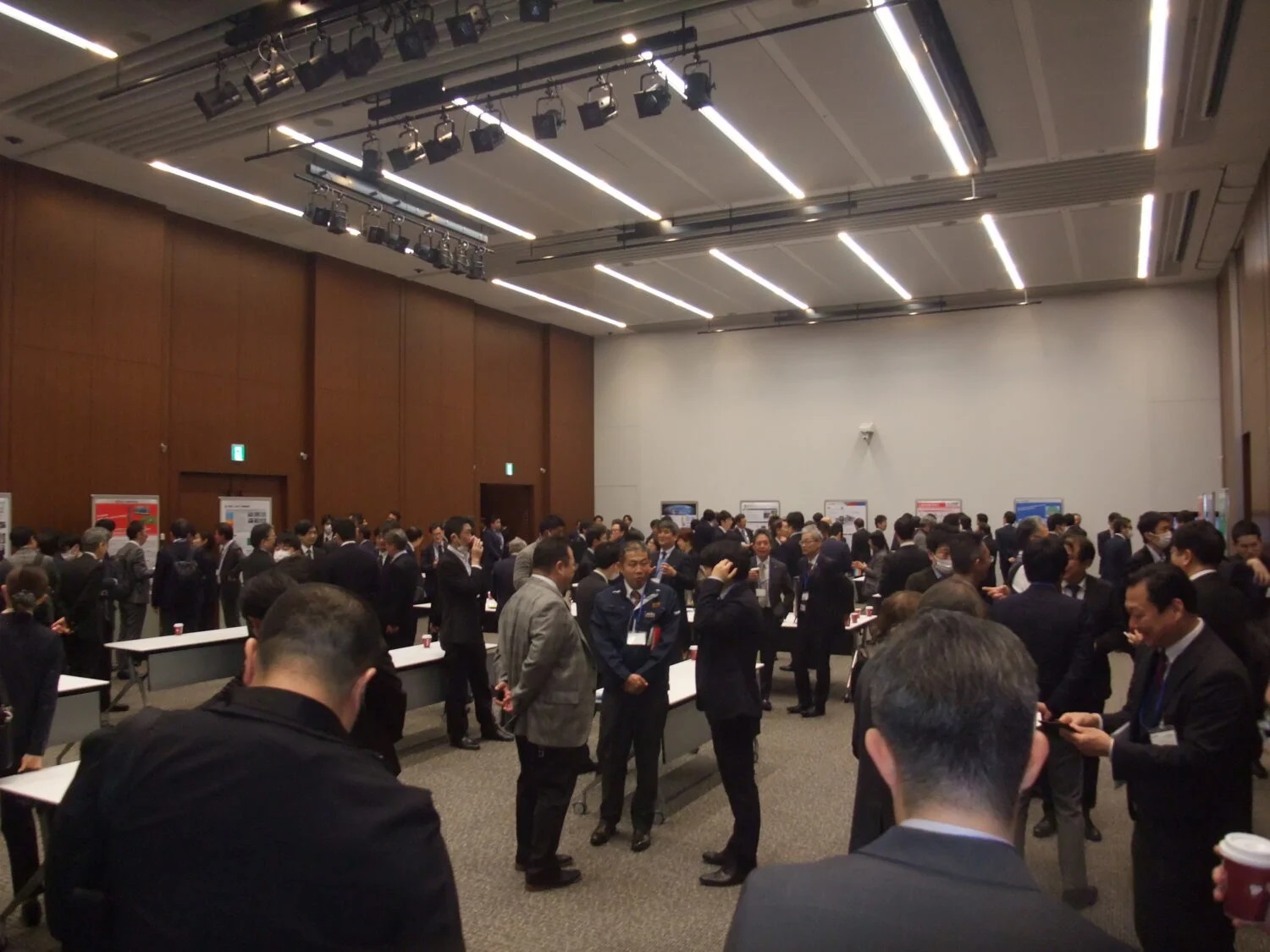

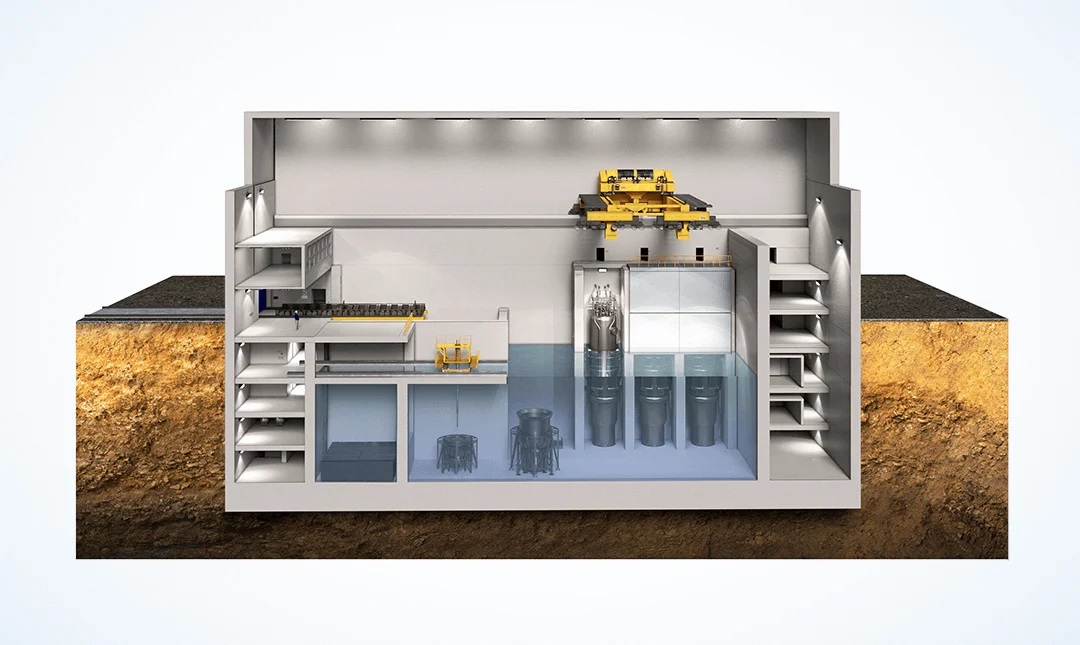
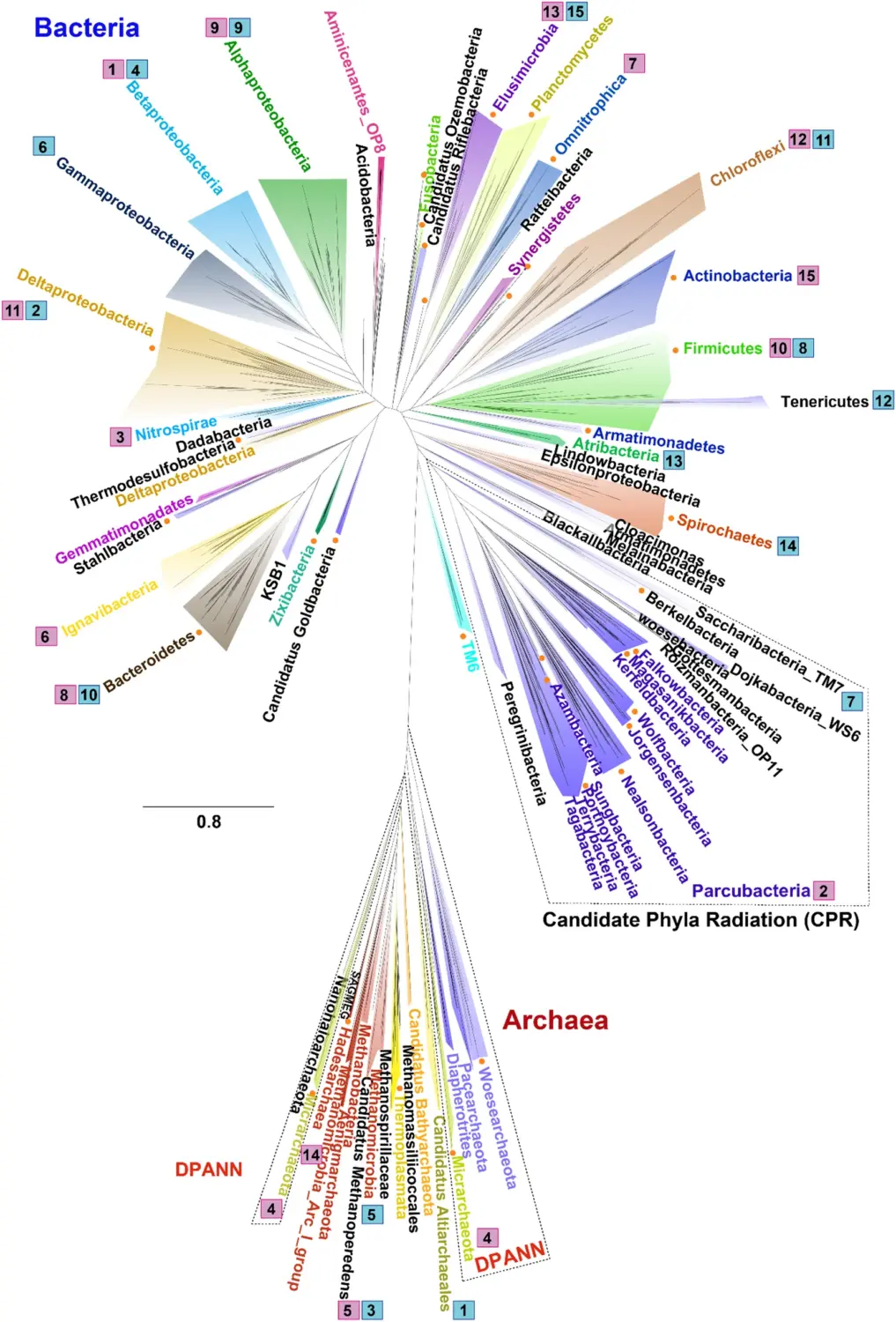
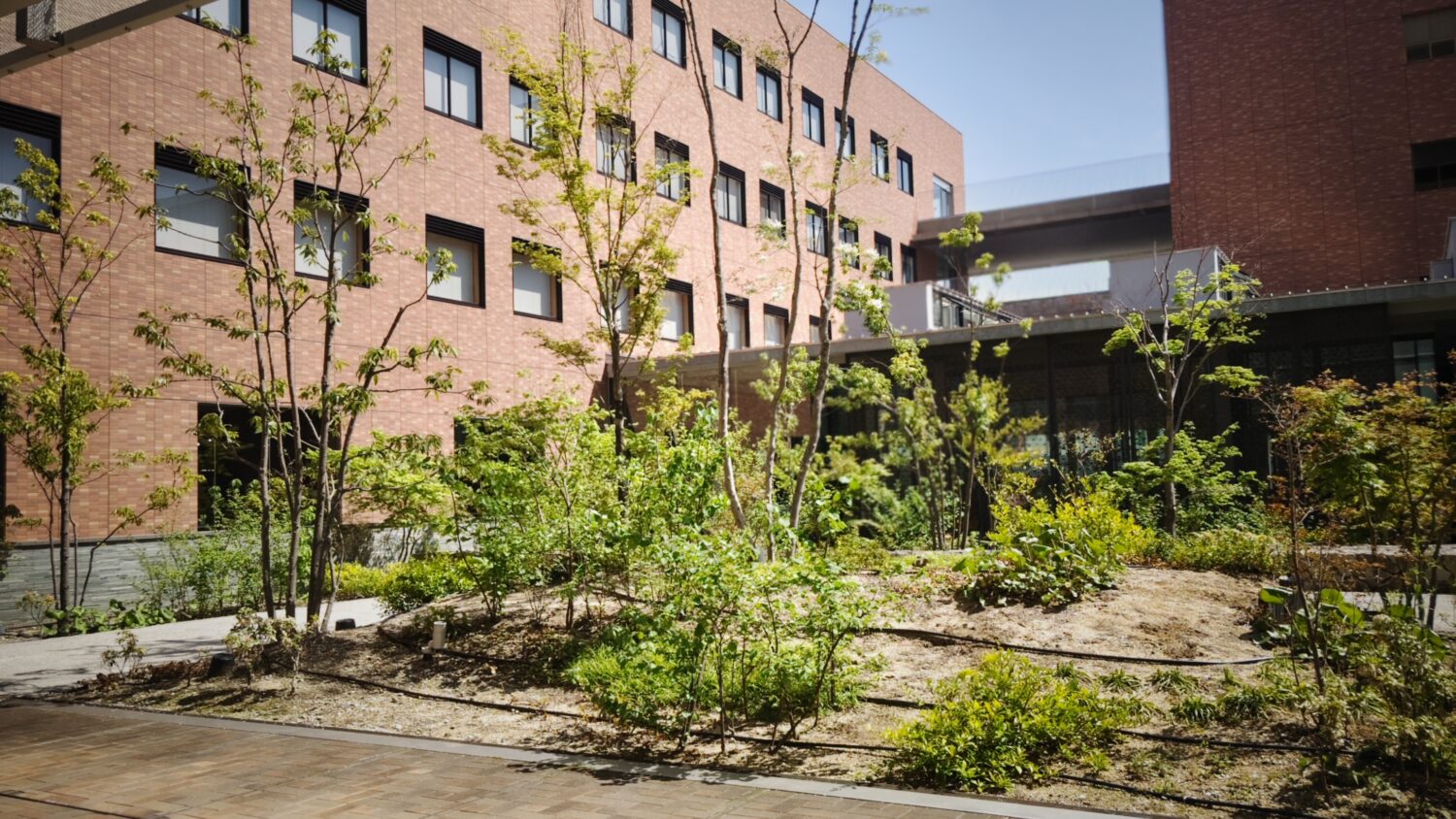

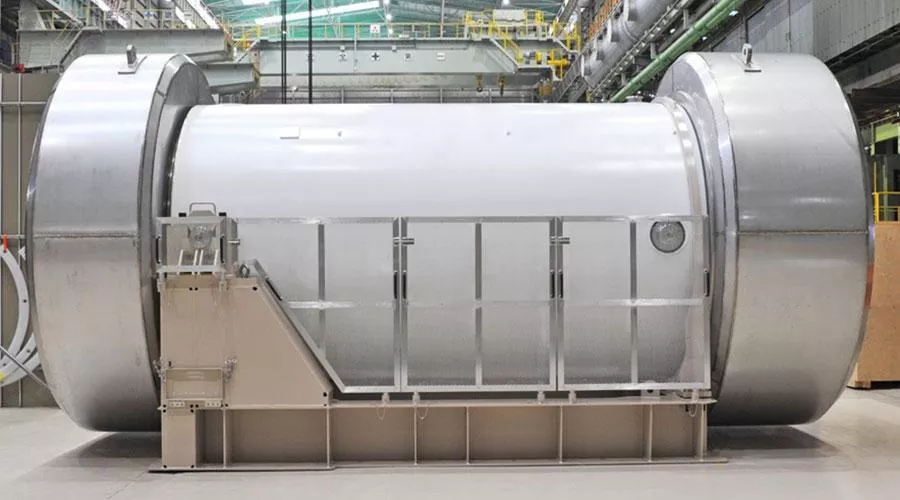
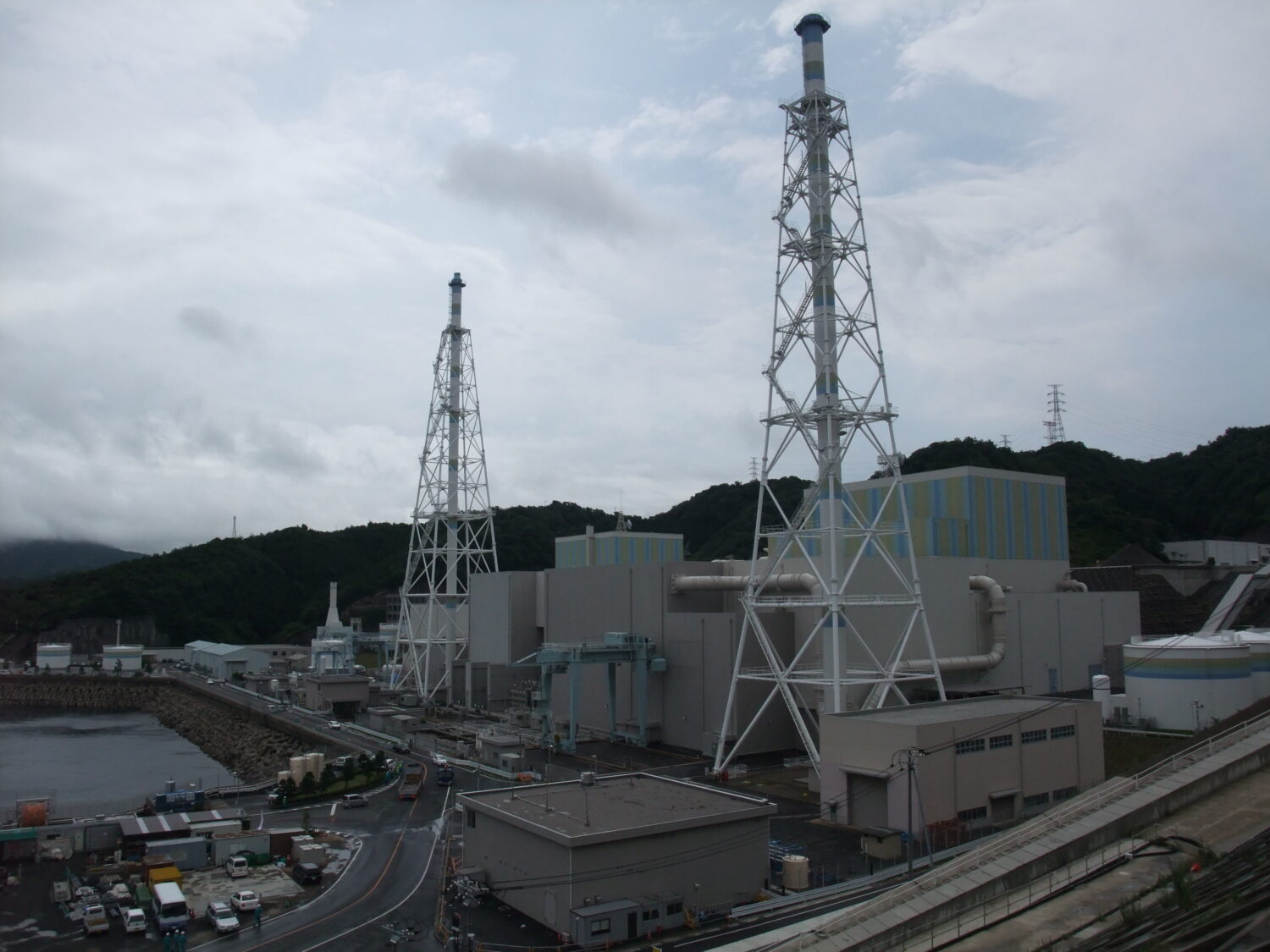

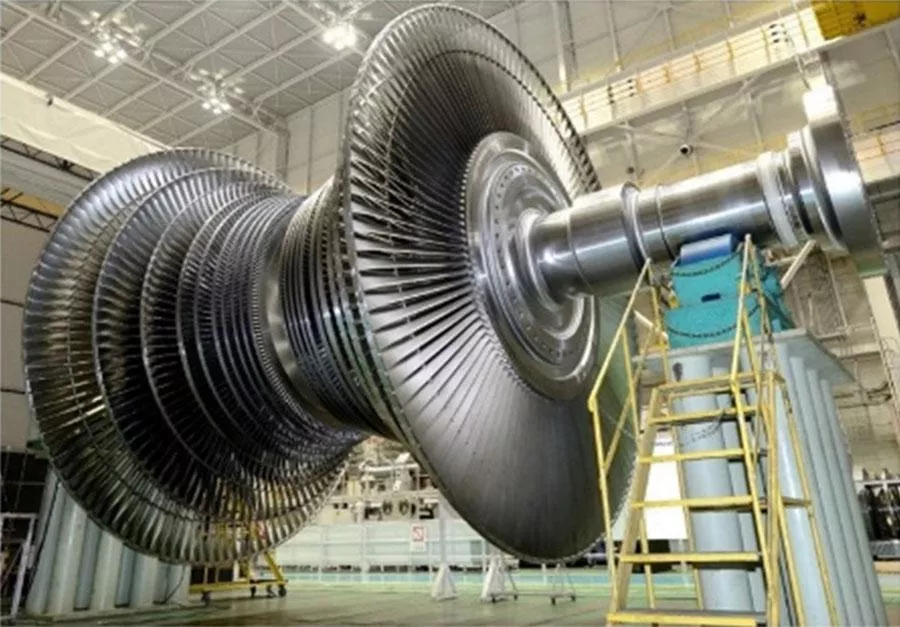



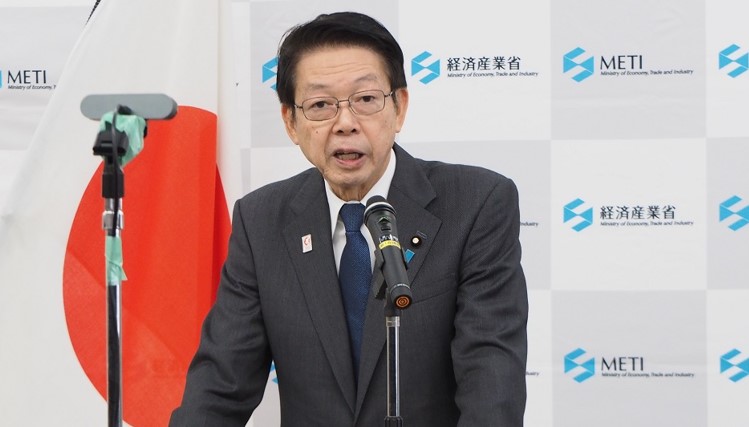
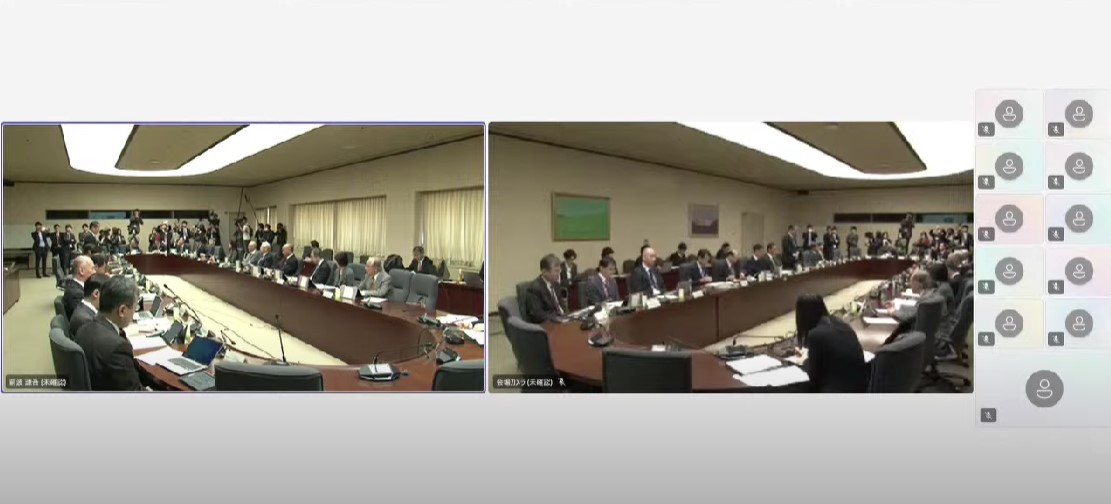
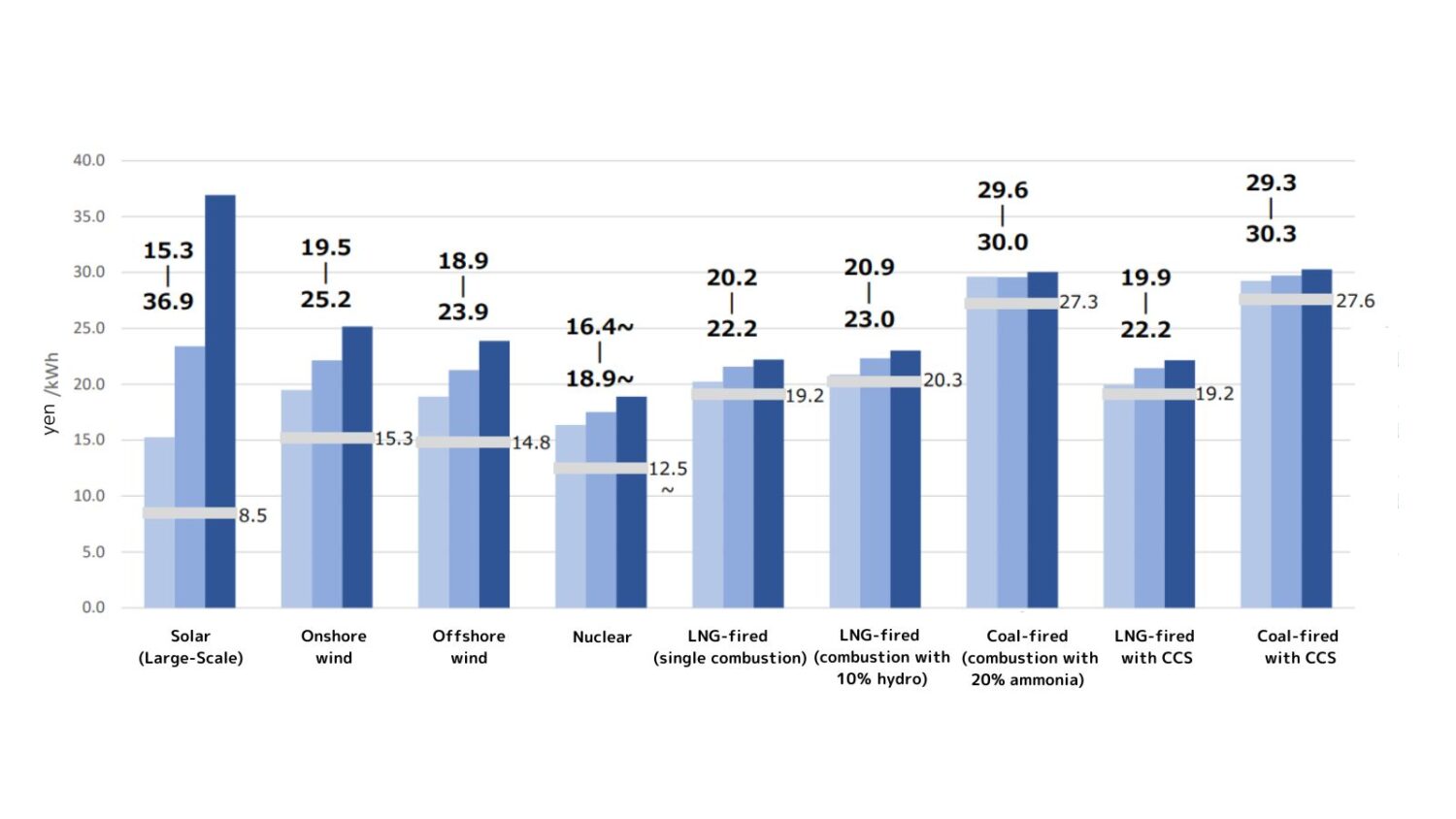
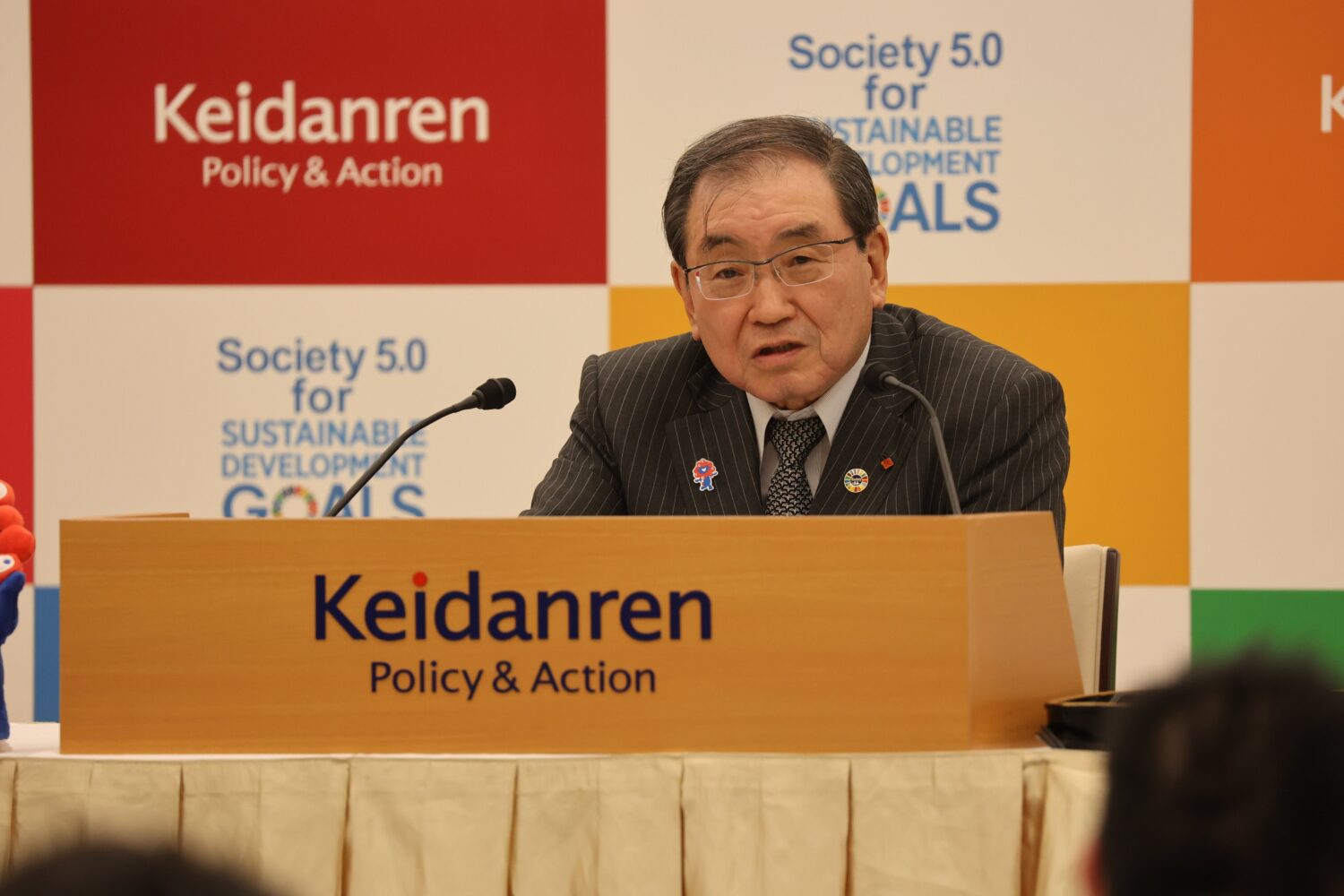

.jpg)

